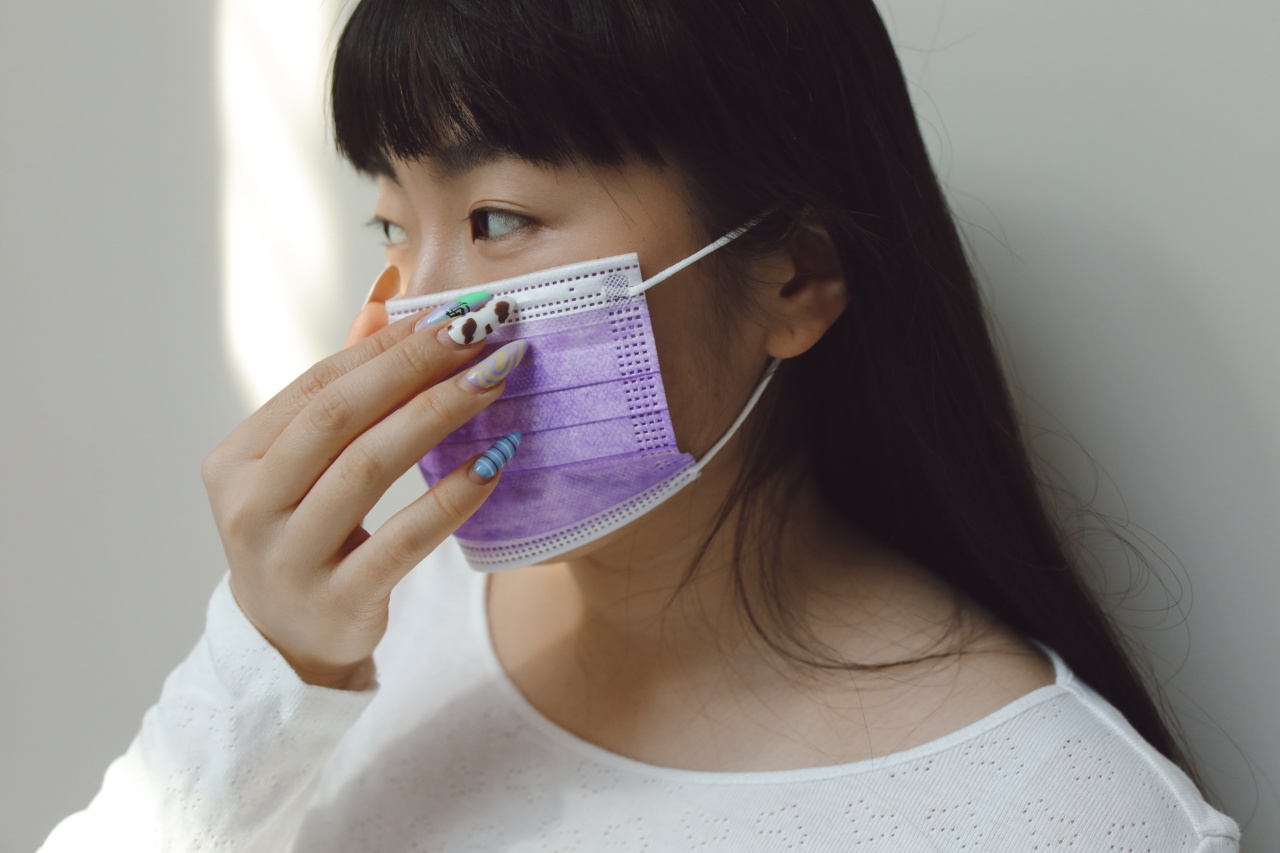Over the past few decades, contact lenses have become an increasingly popular alternative to traditional eyeglasses. They offer convenience, improved vision, and even enhance one’s appearance.
However, wearing contact lenses comes with its own set of responsibilities and precautions. Ignoring these can lead to discomfort, eye infections, and even vision loss. To ensure the health and safety of your eyes while enjoying the benefits of contact lenses, it is crucial to avoid certain habits that can potentially harm your eyes.
In this article, we will discuss the top habits you should avoid to protect your eyes when wearing contact lenses.
1. Sleeping with Your Contact Lenses
One of the most common mistakes contact lens wearers make is failing to remove their lenses before going to bed. Whether it’s a quick nap or a full night’s sleep, wearing lenses overnight significantly increases the risk of eye infections.
During sleep, the surface of your eyes becomes more susceptible to bacteria and other microorganisms that can lead to serious infections like corneal ulcers. Always remember to remove your contact lenses before going to bed to maintain eye health.
2. Swimming with Contact Lenses
Many people are unaware of the potential dangers of wearing contact lenses while swimming. Contact lenses can absorb water, exposing your eyes to harmful pathogens and other contaminants present in pools, lakes, and oceans.
These pathogens can cause severe eye infections and even lead to vision-threatening conditions. It is crucial to remove your contact lenses before swimming, or at the very least, wear waterproof goggles to protect your eyes.
3. Reusing or Topping up Contact Lens Solution
Using fresh contact lens solution is essential to maintain eye health. Reusing or topping up the solution may seem convenient, but it can introduce bacteria and other microorganisms into your lens case.
These contaminants can lead to eye infections and reduce the effectiveness of the solution in disinfecting your lenses. Always discard the old solution and use fresh solution each time you store your contact lenses.
4. Wearing Lenses Beyond Their Expiry Date
Contact lenses have an expiry date for a reason. Over time, the materials of the lenses can deteriorate, causing discomfort and even potential harm to your eyes.
Wearing lenses beyond their expiration date increases the risk of developing eye infections, dryness, and corneal abrasions. Always check the expiry date on your contact lens packaging and replace them accordingly to ensure optimal eye health.
5. Handling Contact Lenses with Dirty Hands
Proper hygiene is crucial when it comes to handling contact lenses. Failing to wash your hands thoroughly before inserting or removing your lenses can introduce bacteria, dirt, and debris into your eyes.
This can lead to infections, irritation, and potentially even corneal scratches. Make sure to wash your hands with soap and water, and dry them with a lint-free towel before handling your contact lenses.
6. Using Saliva or Water to Clean Lenses
Your mouth and tap water contain numerous microorganisms that are harmful to your eyes. Using saliva or water to clean your contact lenses increases the risk of eye infections.
Only use the recommended contact lens cleaning solutions to clean and disinfect your lenses. These solutions are specifically formulated to eliminate bacteria and maintain the cleanliness of your lenses.
7. Wearing Contact Lenses When Your Eyes Are Irritated
If your eyes are red, itchy, or irritated, avoid wearing contact lenses until the symptoms subside. Wearing lenses when your eyes are already irritated can worsen the condition and prolong the healing process.
Give your eyes time to recover by wearing your glasses instead. If the irritation persists, consult your eye care professional for proper diagnosis and treatment.
8. Ignoring Regular Eye Examinations
Regular eye examinations are essential for contact lens wearers. These examinations allow your eye care professional to monitor the health of your eyes and make any necessary adjustments to your contact lens prescription.
Ignoring these regular check-ups may lead to the use of inappropriate lens types or prescriptions, increasing the risk of eye infections, discomfort, and even vision problems.
9. Sharing or Borrowing Contact Lenses
Sharing or borrowing contact lenses is an absolute no-no when it comes to eye health. Your contact lenses are specifically prescribed for your eyes, and sharing them can transfer bacteria, viruses, and other microorganisms to and from your eyes.
Always use your own prescribed lenses and discourage others from borrowing yours to maintain optimal eye hygiene.
10. Not Storing Contact Lenses Properly
Storing your contact lenses incorrectly can lead to contamination and subsequent eye infections. Always follow the recommended storage procedures provided by your eye care professional and the lens manufacturer.
Improper storage can introduce bacteria and debris to your lenses, putting your eyes at risk. Store your lenses in a clean lens case, replace the case regularly, and only use fresh contact lens solution.
Conclusion
Wearing contact lenses can be a convenient and effective way to correct vision, but it is crucial to maintain good eye health habits to avoid complications.
By avoiding the habits mentioned above and adhering to proper contact lens care and hygiene, you can protect your eyes and enjoy clear vision without compromising your eye health.



























